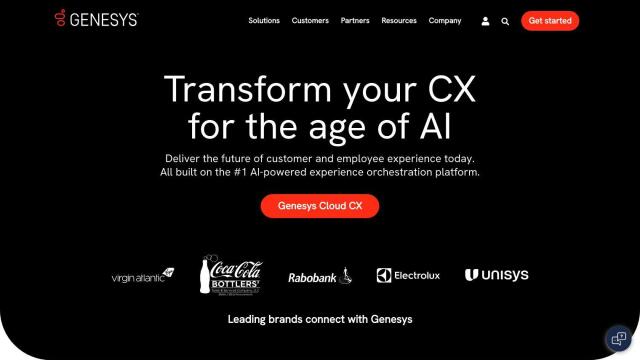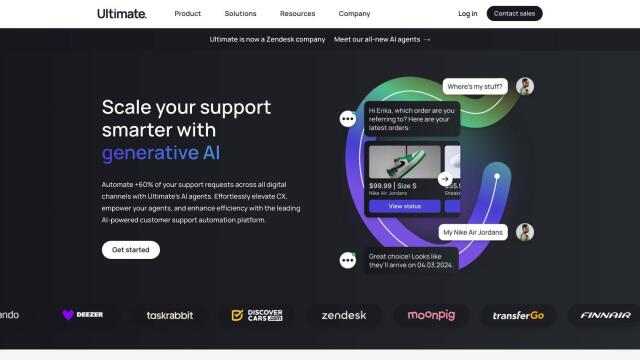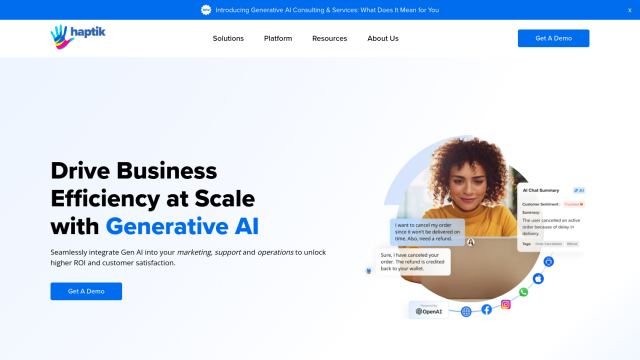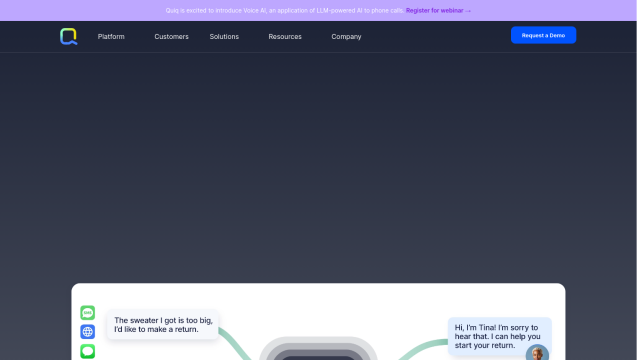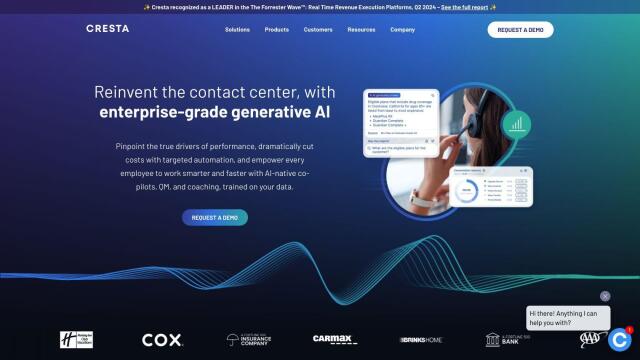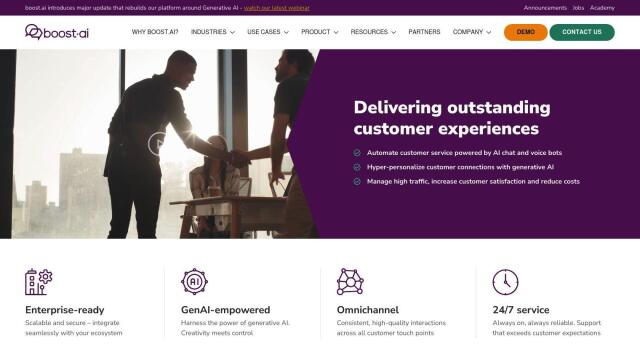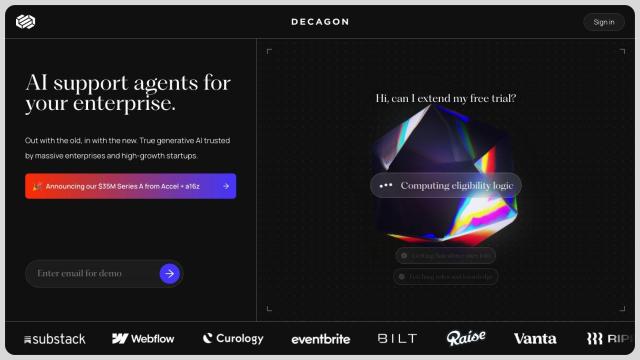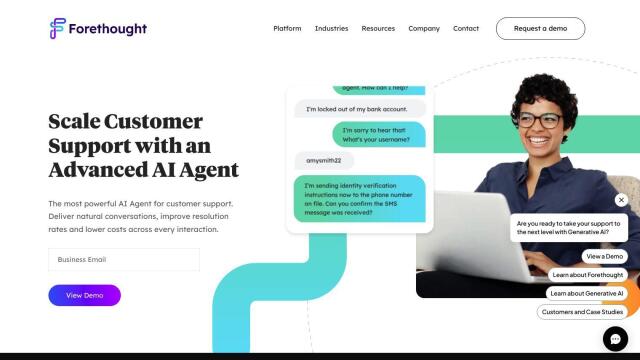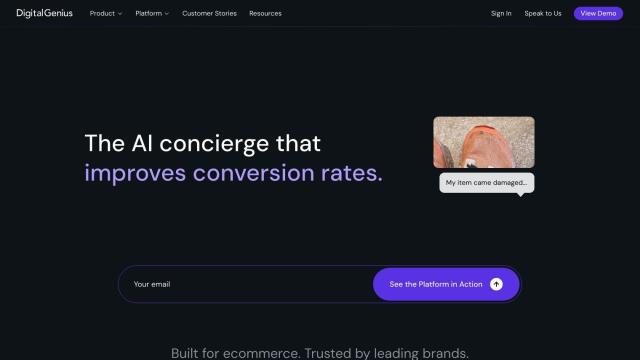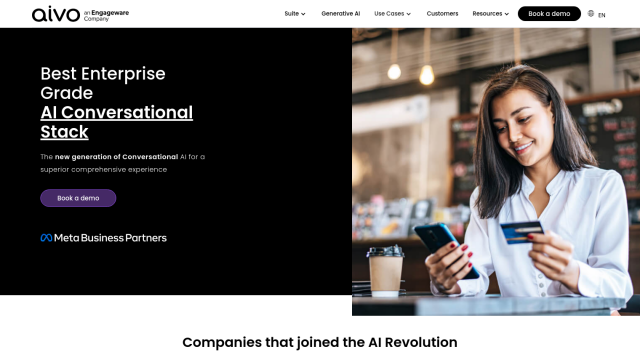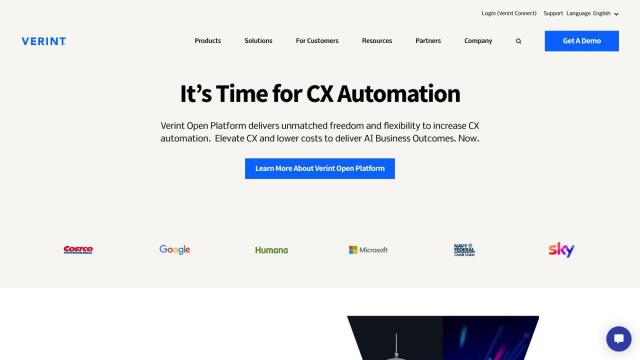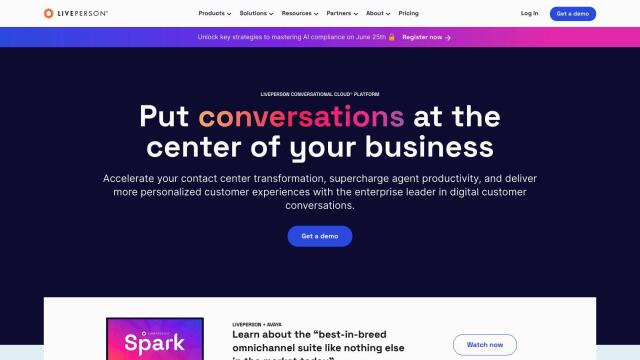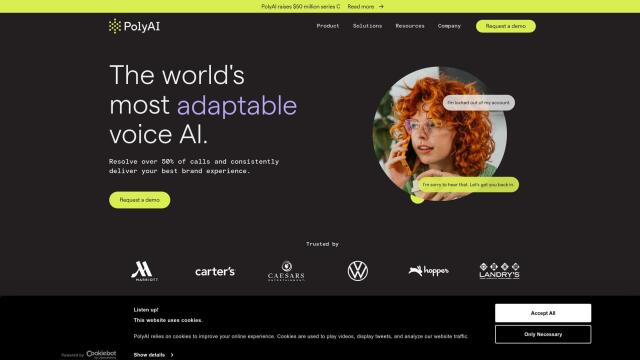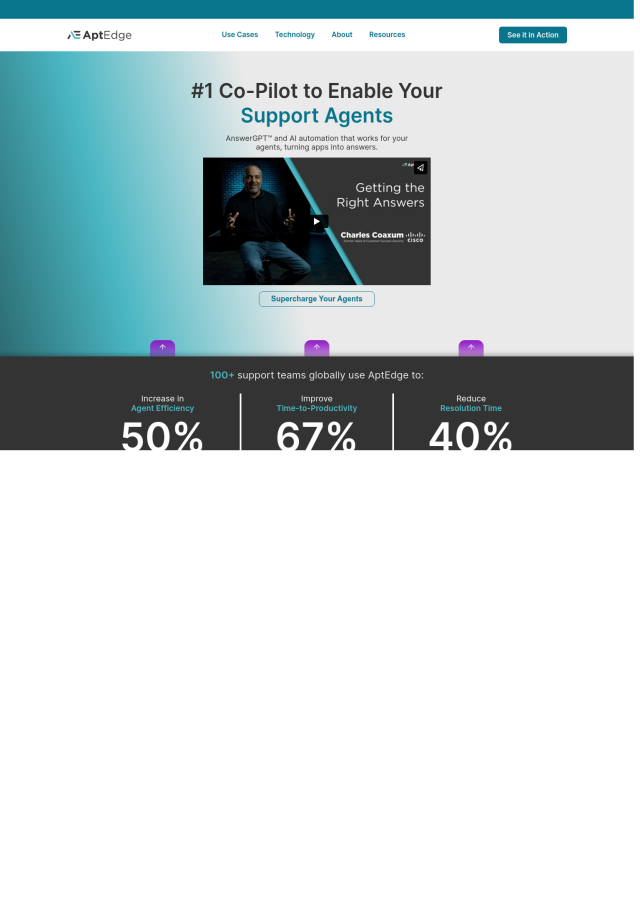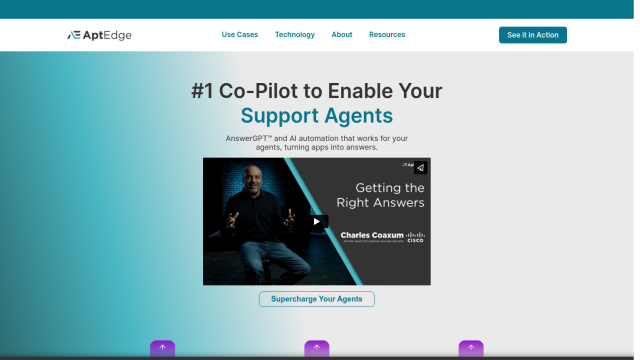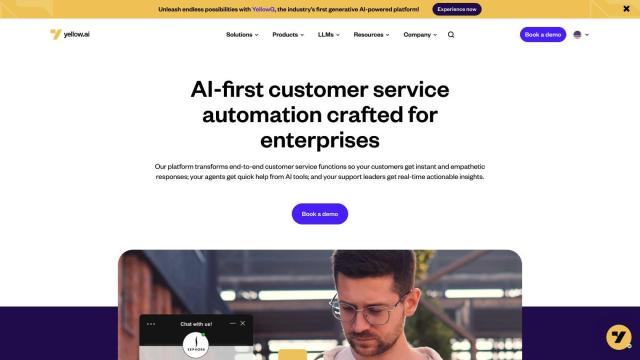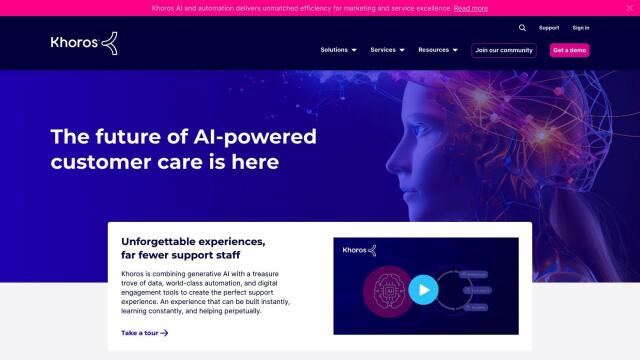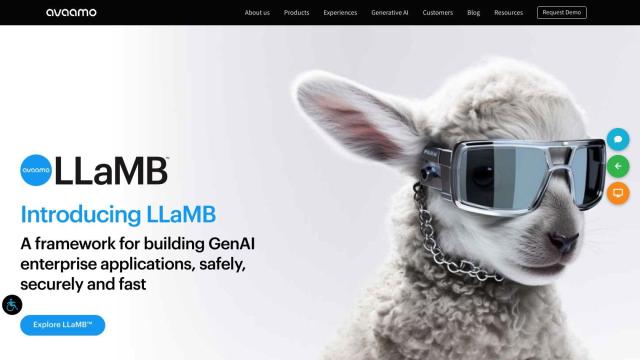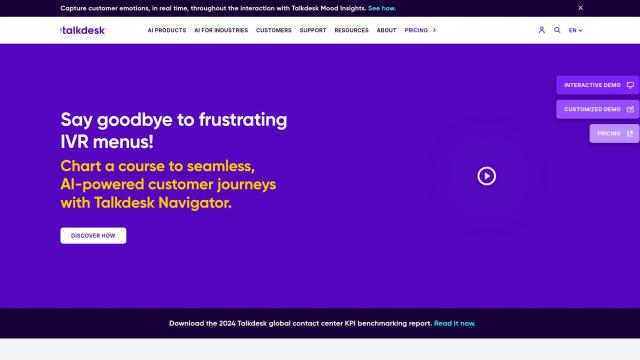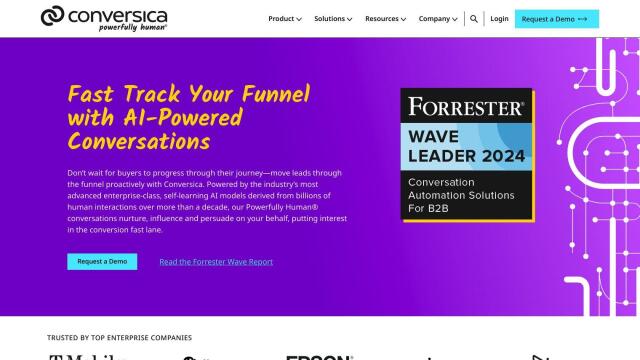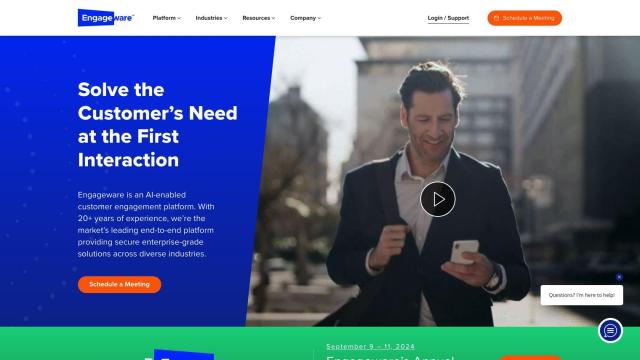Question: Do you know of a platform that uses Generative AI to power customer experiences and improve agent productivity?

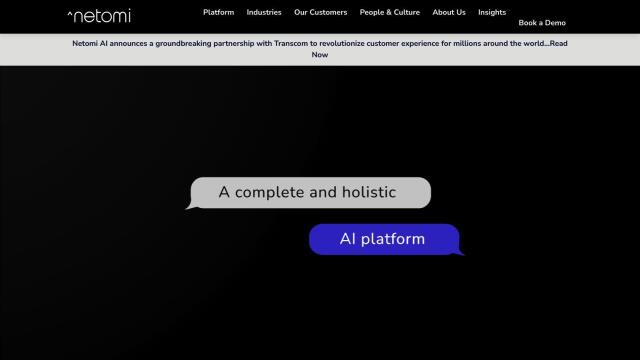
Netomi
For generative AI that can boost customer satisfaction and agent productivity, Netomi is a top choice. The company's enterprise AI-powered customer service platform spans multiple customer touchpoints, including email, chat, messaging, SMS, social media and voice. Netomi uses sanctioned generative AI to automate support tasks while delivering high-quality responses and ensuring brand safety and security. The platform can be easily integrated with existing agent desktops, CRM and business systems, offering real-time omnichannel insights and a no-code workflow builder for customization.

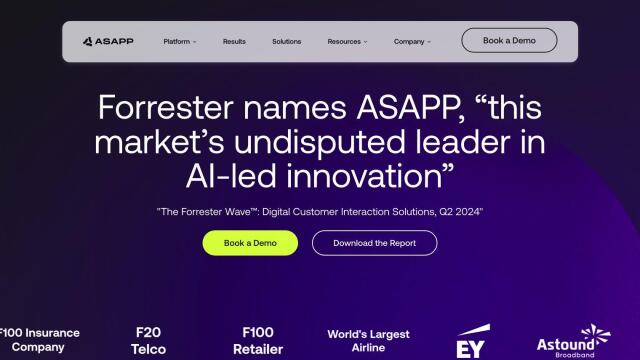
ASAPP
Another strong contender is ASAPP, which combines automation with human intelligence to create a better customer experience. ASAPP's generative automation and agent augmentation abilities can improve productivity, CSAT and compliance. The company's platform is also good at reducing ACW, AHT and improving throughput, so it can help contact centers address a range of needs.

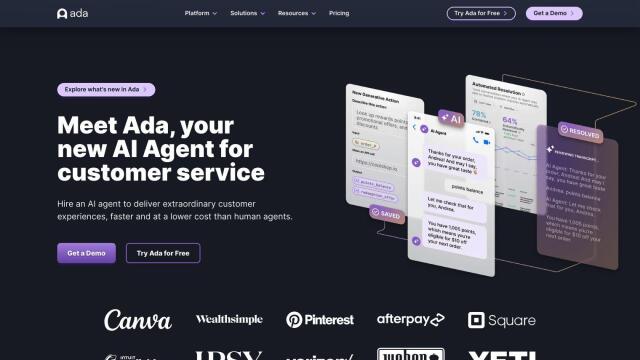
Ada
Ada is another top pick, offering an AI-powered customer service automation platform that replaces traditional scripted chatbots. It can be integrated with existing knowledge bases and data from key business systems to generate personalized responses. Features include multilingual support, automated resolution measurement, AI coaching and channel expansion across multiple channels. Ada's flexibility and scalability make it a good fit for many industries, and it can help improve customer satisfaction and lower operational costs.

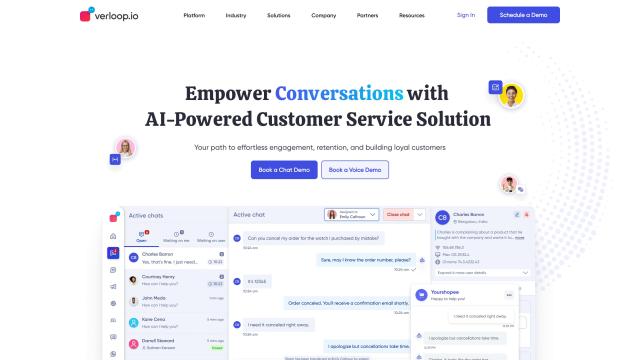
Verloop
For companies that want to personalize and contextualize customer interactions, Verloop offers a conversational AI platform that automates chat and voice interactions, boosts agent productivity and improves customer satisfaction with features like automated support, agent empowerment tools and contextual conversations. Verloop's generative AI abilities can deflect a large percentage of support requests, and it's been used in a variety of industries to improve customer satisfaction.

